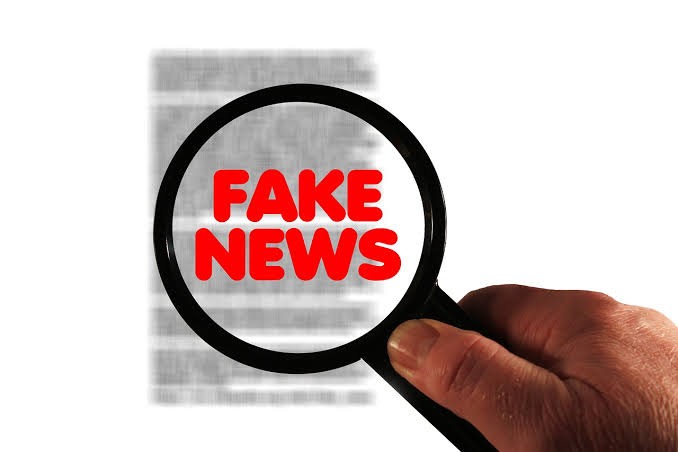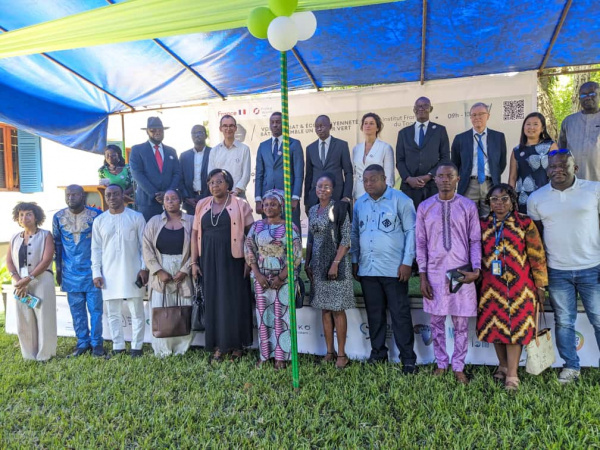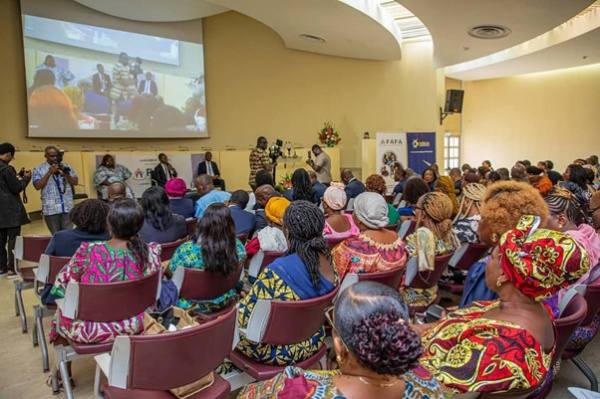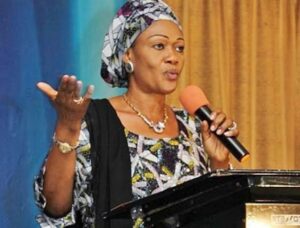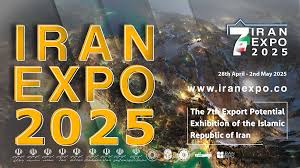The rapid dissemination of information in the digital age has placed unprecedented responsibility on media outlets worldwide. Recent events in Nigeria, specifically a report by Sahara Reporters alleging the involvement of the First Lady’s convoy in a fatal traffic accident, underscore the critical need for accuracy and ethical conduct in journalism.
The Sahara Reporters story claimed that the convoy of Nigeria’s First Lady, Senator Oluremi Tinubu, was responsible for the death of a young girl in Akure. This accusation, which quickly spread online, sparked public outrage and raised serious questions about the role of media in shaping public opinion.
The impact of such reporting cannot be overstated. False or unsubstantiated claims can damage reputations, incite social unrest, and erode public trust in institutions. In a country like Nigeria, where political tensions are often high, the potential for misinformation to exacerbate existing divisions is particularly acute.
Crucially, the allegations made by Sahara Reporters have been refuted by the Ondo State Police Command, which stated that its investigation indicated no involvement of the First Lady’s convoy in the incident. This raises serious questions about the journalistic standards employed by Sahara Reporters in this case.
Responsible journalism is a cornerstone of any democratic society. It requires a commitment to fact-checking, thorough investigation, and a balanced presentation of information. When media outlets fail to uphold these principles, they risk undermining their credibility and contributing to a climate of distrust.
The Sahara Reporters incident serves as a reminder of the challenges facing media in Nigeria and elsewhere. In an era of “fake news” and online echo chambers, it is essential for both journalists and citizens to be vigilant in verifying information and holding media outlets accountable for their reporting. The pursuit of truth should be paramount, and media organizations must be prepared to acknowledge and correct errors when they occur. The future of informed public discourse depends on it.

